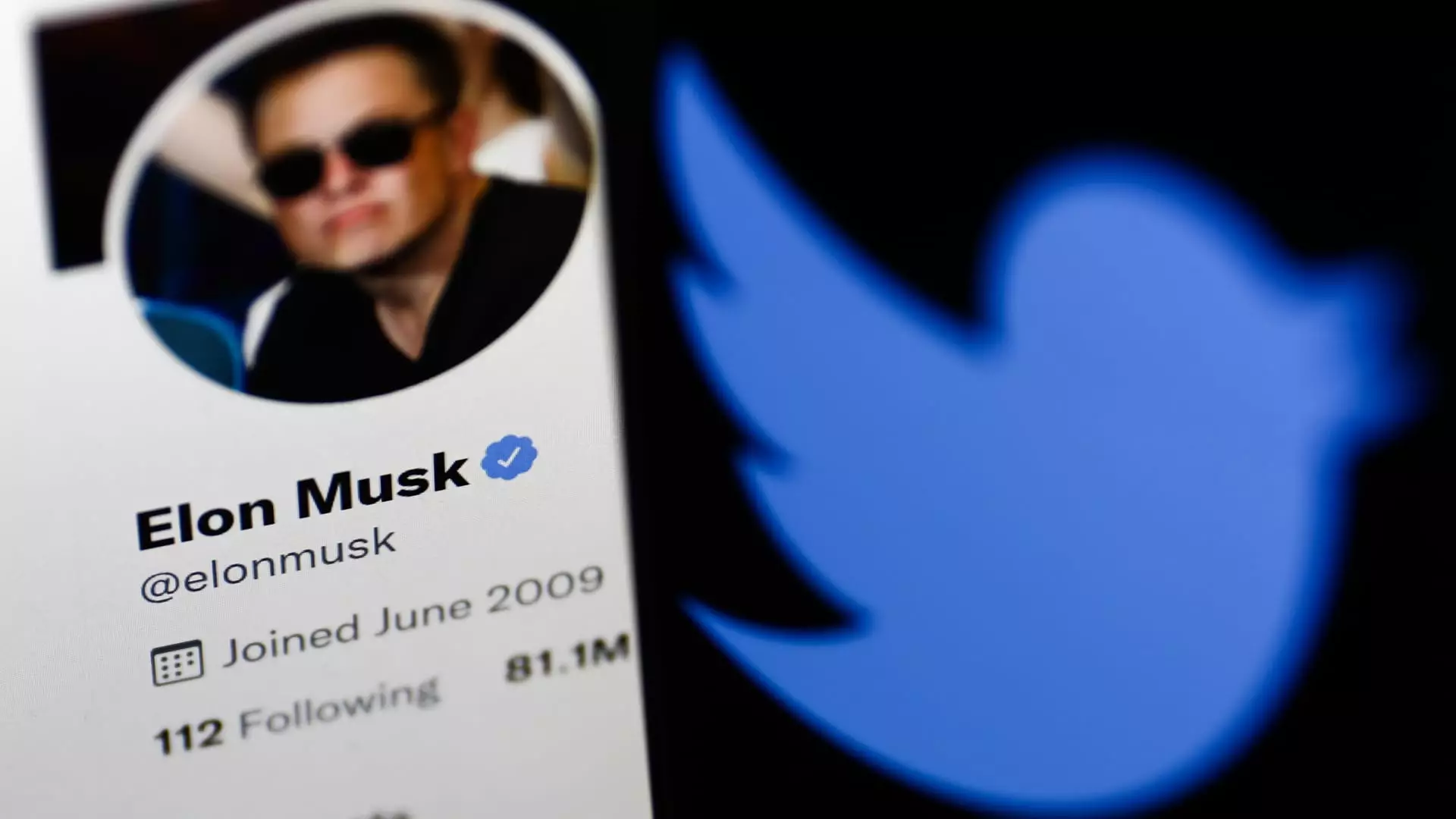A lawsuit unfolding in the Southern District of New York has put Elon Musk and his family office, Excession, in the hot seat. As the CEO of Tesla and SpaceX, Musk is no stranger to controversy, but this case — Rasella v. Musk (Case No. 1:22-cv-03026-ALC-GWG) — digs into the very foundations of securities law. Former shareholders of Twitter, now embroiled in a class-action suit, allege that they suffered financial losses due to Musk’s failure to disclose his massive stake in the social media giant within the legally mandated timeframe. The plaintiffs, including the Oklahoma Firefighters Pension and Retirement System, argue that they sold their Twitter shares at artificially low prices, unaware that Musk was quietly accumulating a substantial interest in the company.
This is not merely an allegation of negligence; it raises fundamental questions about the ethical responsibilities of influential figures in business and their impact on market integrity. When a person of Musk’s stature engages in trading, his actions ripple through the market. As shareholders, the plaintiffs contend they deserved transparency. The legal decision permitting the case to move forward could have sweeping implications, not just for Musk, but for how high-profile investors navigate disclosures in the future.
The Court’s Ruling: A Critical Eye on Musk’s Disclosures
Judge Andrew L. Carter’s opinion reflects a keen understanding of the subtleties of market behavior. He articulated, in clear terms, that Musk’s delay in revealing his share acquisition sent misleading signals to investors. This perspective emphasizes that it wasn’t only that Musk missed a deadline — it was that he may have actively misled the public regarding his intentions and stakes in Twitter.
The judge’s findings hinge on a key moment: a tweet released on March 26, 2022, suggesting Musk was considering purchasing a different social network. While he had amassed millions of Twitter shares by March 25, this tweet could be interpreted as a tactic to throw off potential investors from understanding the gravity of his actions regarding Twitter. This aspect is particularly alarming; influencing market perception through deliberate tweets is a breach of the trust investors place in corporate leaders. If judges continue to hold these types of tweets as actionable under securities law, the implications for future miscommunication could be substantial.
The Broader Implications of Musk’s Legal Quandary
Musk’s case is emblematic of the broader challenges facing publicly traded companies in an age of rapid information exchange. As social media allows executives more direct ways to communicate with the public, it also creates an environment ripe for misinterpretation and intentional misinformation. If Musk is found to have purposely miscommunicated material information, it could usher in stricter norms around how executives utilize social media platforms.
Consider the ripple effects for investors: the current case raises alarms about how much trust the public should place in billionaire executives. Should the stakes of honesty in financial reporting be amplified for those in Musk’s position? Or should they be held to the same standards as any other investor, regardless of their reach and influence? This case could redefine boundaries and legal ramifications for public figures who are also major market players.
Musk’s Response and Future Ventures
Interestingly, while his legal challenges unfold, Musk continues to innovate. On the same day that a judge ruled the case could advance, he announced a merger between his venture, xAI, and his social media platform — rebranded as X — indicating a staggering valuation of $80 billion for his AI business while X holds steady at $33 billion. Herein lies another layer of complexity: how do we weigh Musk’s transformative business initiatives against his shortcomings in compliance with securities laws? His ability to pivot and create value may overshadow concerns about regulatory missteps, but such advances do not absolve responsibility.
Ultimately, Elon Musk’s case presents a potent intersection of innovation, ethics, and law. The outcome could influence not only Musk’s financial future but also set critical precedents for the accountability of influential figures in the technology and finance sectors. With public trust hanging in the balance, the corporate world watches intently to see how this high-profile legal drama unfolds.

